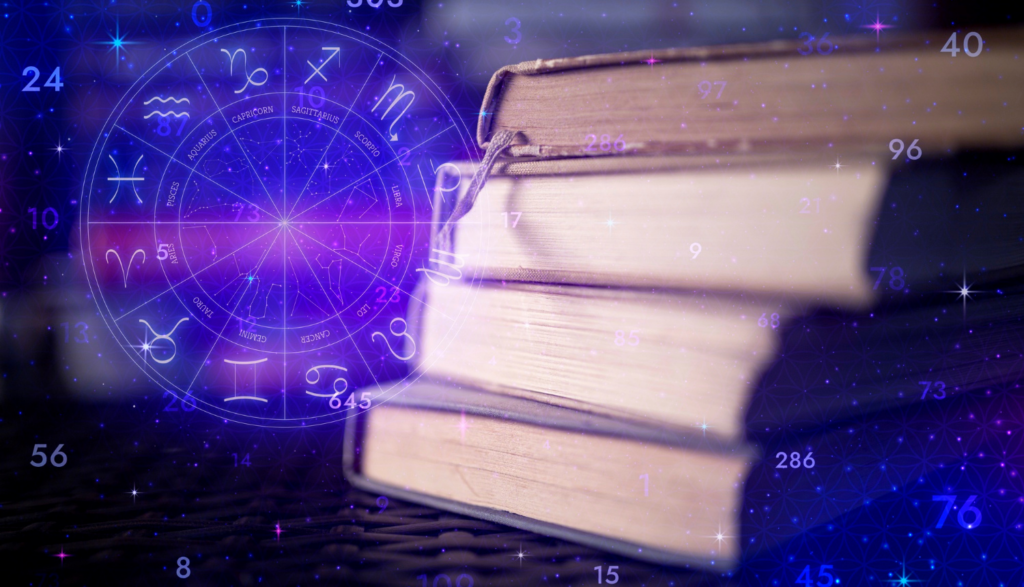Astrology, the belief that celestial bodies influence human affairs and natural phenomena, has played a significant role in shaping historical events across various cultures and epochs. Though modern science largely dismisses astrology as a pseudoscience, its historical impact is undeniable.
Ancient Civilizations
In ancient Mesopotamia, astrology was intertwined with religion and governance. Babylonian priests used celestial omens to guide kings in decision-making, interpreting planetary movements as divine messages. Similarly, in ancient Egypt, the pharaohs relied on astrologers to time significant events, such as coronations and military campaigns, believing that celestial alignments could affect outcomes.
The Roman Empire
Roman emperors also sought astrological guidance. Augustus, the first Roman emperor, used his horoscope to bolster his divine right to rule, presenting himself as favored by the stars. His successor, Tiberius, was known for consulting astrologers before making crucial decisions. This practice was so ingrained that astrology was banned at times to prevent its misuse in political conspiracies.
The Medieval Period
During the medieval period, astrology maintained its influence through the rise of Islamic scholars who preserved and expanded upon ancient astrological texts. This knowledge eventually spread to Europe, where astrology was integrated into medical practices. Physicians often relied on astrological charts to diagnose and treat illnesses, believing that the positions of planets affected bodily humors.

The Renaissance
The Renaissance saw a resurgence of astrological practice, aligning with the era’s renewed interest in classical knowledge. Influential figures such as Queen Elizabeth I of England consulted astrologer John Dee, who advised her on matters of state and personal affairs. Astrological beliefs were so prevalent that the timing of key events, such as military battles and treaties, was often determined by astrological calculations.
Related: How Witches Use Tarot to Connect with the Spirit World
The Modern Era
Even in the modern era, astrology’s influence persists. For instance, the fascination with astrology in the 20th century influenced public figures and ordinary individuals alike. The popularity of horoscopes and astrological forecasts soared, impacting personal decisions and cultural trends.
While the scientific basis of astrology is widely questioned today, its historical influence on decision-making, governance, and cultural practices is significant. Across different periods and regions, astrology has shaped the course of events, reflecting humanity’s enduring quest to find meaning and guidance in the stars.





















